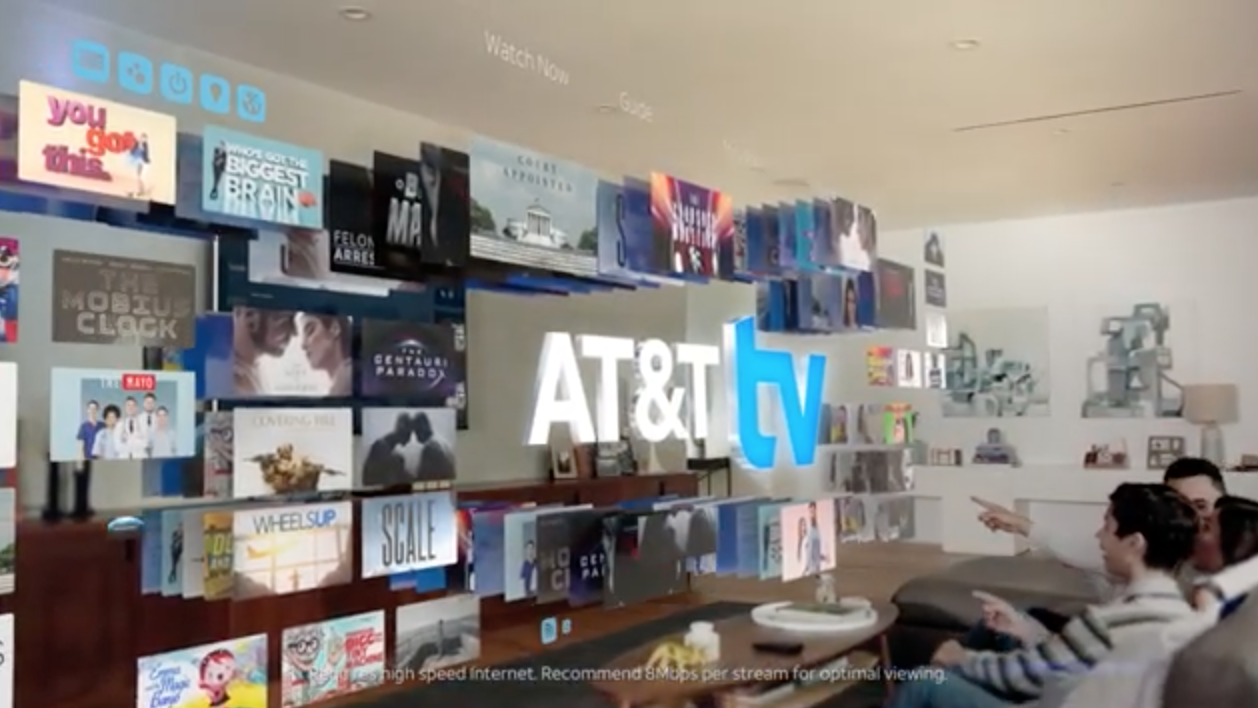
YouTube TV Multiview
While ads suggest that feature is widely available, rollout is still in progress.
Google appeals decision recommending it drop comparative pricing claim.
Google advertises that its YouTube TV streaming service is “$600 less than cable.” But what Google actually means by “cable” – and how a reasonable consumer might interpret the term – was recently the subject of an inquiry that resulted in a self-regulatory group recommending that Google drop the comparative pricing claim from its advertising.
The National Advertising Division found that the claim “reasonably conveys” that YouTube TV costs hundreds of dollars less compared to “all cable services,” including those that offer streaming options, a message that NAD said was not supported by the evidence:
The price calculation underlying the challenged claim includes the cost of two set-top boxes per household for “standalone cable” services. NAD found, however, that this comparison is not a good fit for the challenged claim comparing YouTube TV’s pricing to “cable” generally since cable providers like Charter (which owns Spectrum and complained about the advertising to NAD) offer streaming options that may not require a set-top box.
(NAD also weighed in on Google’s claim that YouTube TV offers “more than cable,” noting that “in several markets cable providers offer regional sports networks but YouTube TV does not.”)
Google saw it differently. It argued that “consumers broadly understand the difference between traditional cable and streaming and that they do not interpret ‘cable’ or ‘standalone cable’ offered via a ‘cable box’ as encompassing streaming services, regardless of who provides them.”
Given the differing opinions on the matter, it might not surprise you to hear that Google has appealed NAD’s recommendation that it discontinue its comparative pricing claim. The National Advertising Review Board will hear the case next.
Check back for updates.
Find more of our coverage on YouTube TV here.
Our Ad Alerts are not just about false and deceptive marketing issues, but may also be about ads that, although not necessarily deceptive, should be viewed with caution. Ad Alerts can also be about single issues and may not include a comprehensive list of all marketing issues relating to the brand discussed.
While ads suggest that feature is widely available, rollout is still in progress.
‘The future of TV has finally arrived’ and with it, hidden fees.
NAD says service fees should be disclosed alongside initial ticket prices, as opposed to at checkout.

